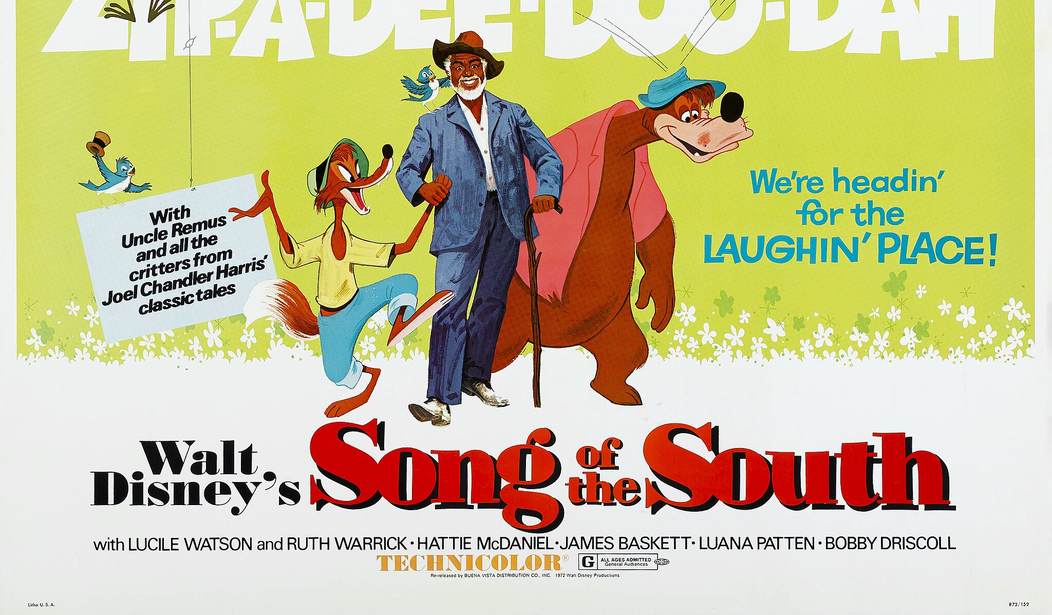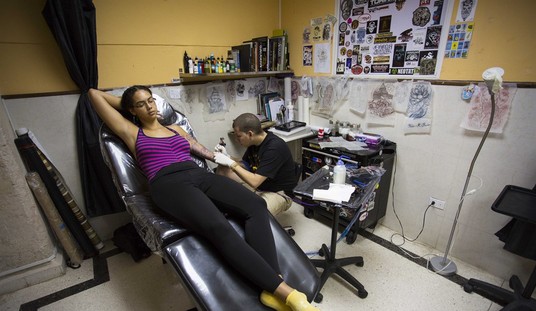Many years ago, I wrote about a largely forgotten classic Disney film, “Song of the South.” The 1946 film was innovative in the way the studio combined live action and animation in an effective way, and it won Academy Awards for Best Original Song and an honorary award for star James Baskett — who became the first black man to win an Oscar.
Walt Disney fought hard to make “Song of the South” his way, and he was much more hands-on with it than he had been on a film project in years. It paid off in a style that still looks inventive today.
“Song of the South” also inspired the longtime Disney Parks attraction Splash Mountain, which recently closed at Disneyland and Walt Disney World for new theming. Yet “Song of the South” has remained buried in the Disney vaults since 1986 because somebody, somewhere expressed discomfort with the film’s black sharecropper characters (today, we would use the term “problematic”).
Despite support from legendary film critic Leonard Maltin and Disney’s first black animator Floyd Norman for re-releasing “Song of the South,” Disney stands firm. Norman even wrote about showing a print of the film at a black church in Los Angeles in the ‘80s, and the congregation loved it so much that they requested a second screening.
“Yet even today the film continues to be mired in controversy, and that’s a shame,” Norman wrote. “I often remind people that the Disney movie is not a documentary on the American South.”
A few weeks ago, Tony Baxter, the iconic Imagineer and Disney Legend, did a lengthy interview with Zeitgeist Design and Production in which he defended both Splash Mountain and “Song of the South.” Baxter told interviewers that as Imagineers were planning what would become Splash Mountain, then-CEO Michael Eisner rereleased “Song of the South” in theaters to see if it would resonate as well with audiences in the ‘80s as it had 40 years earlier. The film did even better than it had done in any previous theatrical runs.
Flashback: The Most Controversial Disney Classic You Probably Forgot
Baxter said that the Imagineers were aware of the potential racial pitfalls of both the movie and the ride, so they worked with the NAACP to make sure that Splash Mountain, which centered on the animated animal characters rather than the live-action human actors, avoided elements that the black community might find offensive.
“At the time, the dialect used by the characters was something that many people in the African American community enjoyed — because it was the first time that there was an attraction that wasn’t Euro-centric,” Disney Dining reports on the interview. “Furthermore, Brer Rabbit and Brer Fox’s story was part of African American culture and history — not a Grimm Fairy Tale.”
Baxter followed up his story with a telling admission about what has happened to our culture.
“I will stand by this today; there is not a thing in the ride that was detrimental to anybody,” Baxter told the interviewers. “Whatever the controversy is that’s come up has more to do with what the film is. I think we’re way overboard on that kind of sensitivity.”
Disney puts disclaimers on all kinds of films and shows on Disney+, so why not re-release “Song of the South” with disclaimers? Or why not produce a documentary about how race relations have improved since the 1870s (the setting of “Song of the South”) and the 1940s (the making of “Song of the South”) to accompany a Blu-ray or streaming purchase?
Here’s the thing: everybody knows that “Song of the South” isn’t in touch with modern sensibilities, but neither is much of anything from that time period. It’s too late to save Splash Mountain (except at Tokyo Disneyland), but Disney could allow new generations to enjoy the entertainment and homespun life lessons of “Song of the South.”









Join the conversation as a VIP Member